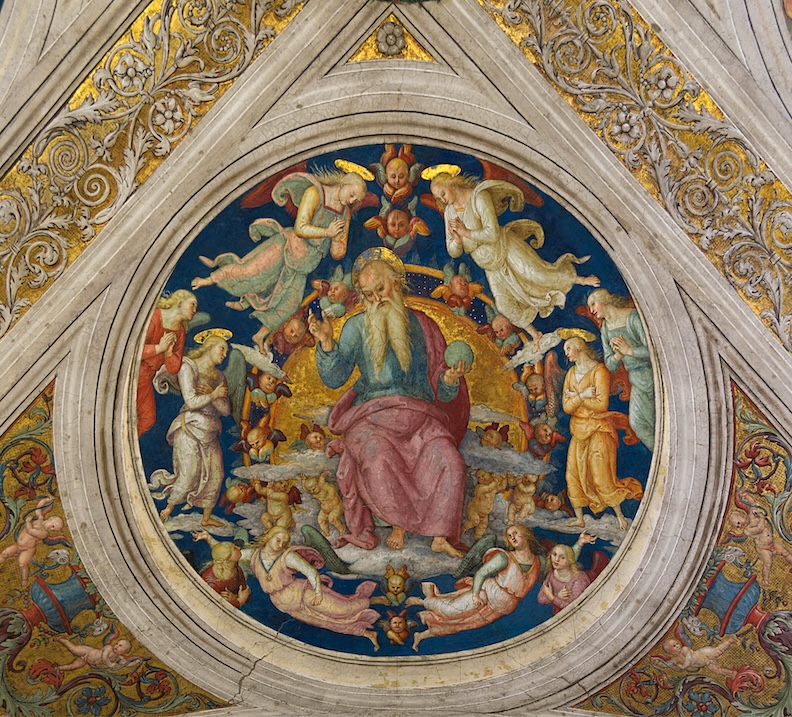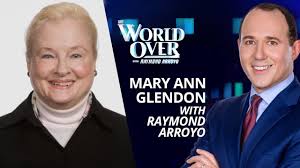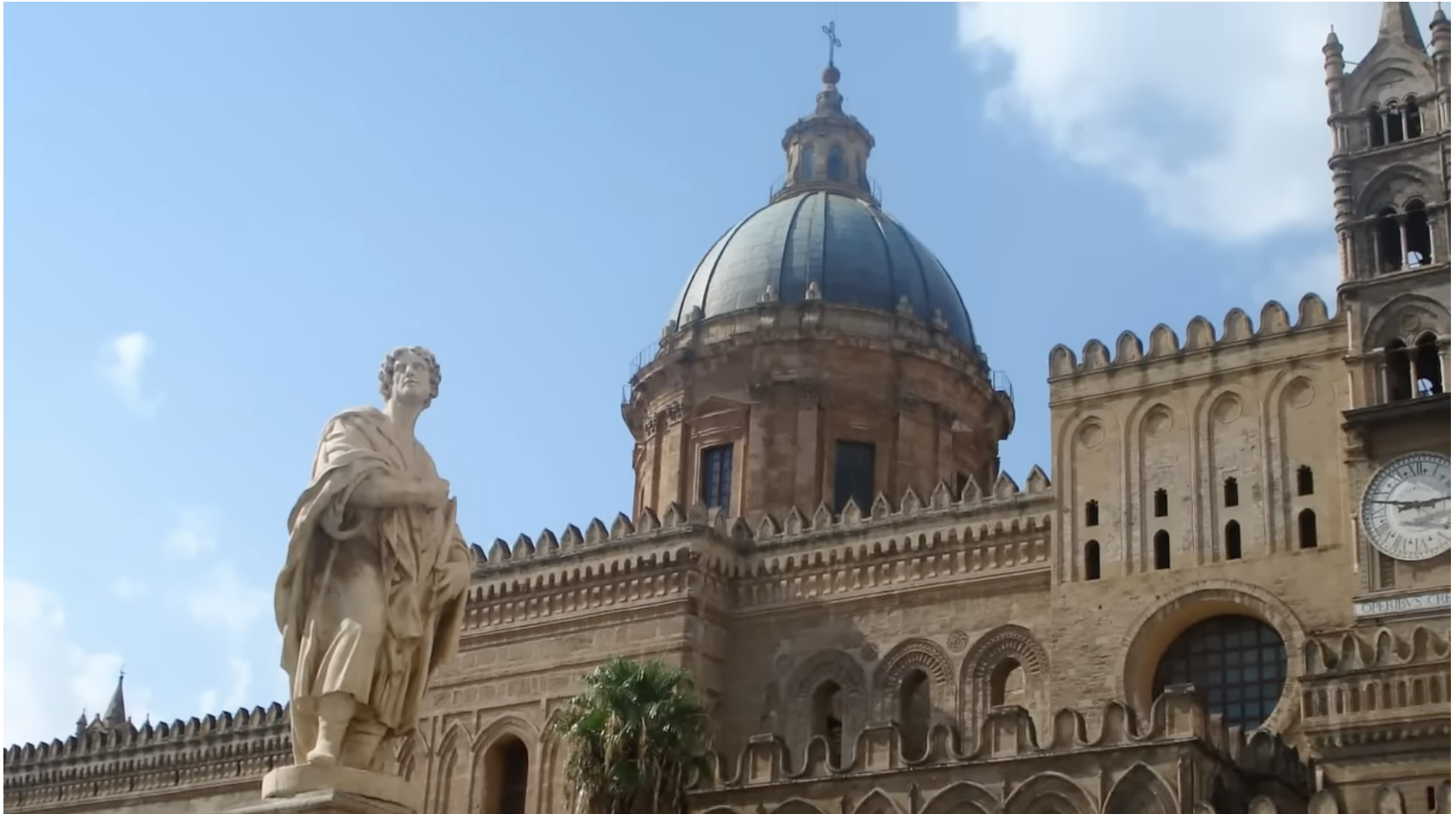“Infinite Dignity,” the name of the recent Declaration on Human Dignity from the Dicastery for the Doctrine of the Faith, is liable to confuse English speakers. “Infinite” means strictly “lacking a limit.” We implicitly, however, supply in quantity, such as in time, power, or perfection. Already many have carped that only God in His nature can claim to be infinite in those senses. Is this Declaration, then, affirming some new humanism, based on the divinity of the human person?
The Declaration is clear that it means “not limited by circumstances.” That is, human dignity does not go away when someone is poor, weak, in the last throes of a fatal illness . . .or in the mother’s womb. That is to say, the Declaration wishes to emphasize exactly the point that the pro-life movement has always wished to emphasize. The possession of human rights cannot depend upon one’s location, whether one is in the womb or not, or upon whether someone else wants you or not, or has conferred standing upon you or not.
Human rights depend upon human nature, and in virtue of that nature, we have an intrinsic and inviolable dignity. If it would be a gross violation of human rights to allow the dispatching of unwelcome, born children – or even to claim a right to do so! – then the same holds for unborn children.
In dealing so frankly with the basis of human rights, the Declaration provides a needed foundation for the 1948 U.N. Universal Declaration of Human Rights. The Declaration celebrates that other Declaration and assesses it (with St. John Paul II) as the attainment by humankind of a high level of clarity about the claims that follow from human dignity.
And yet as Jacques Maritain made clear in his own reflections on the crafting of that earlier Declaration, it deliberately left unclear the philosophical and religious basis for the rights it was heralding.
The drafters of the Declaration depended on the pragmatic method of what John Rawls would later call “overlapping consensus.” In the aftermath of World War II, in the midst of a general recoil against the horrors of Nazism, it seemed enough simply to affirm rights, generally agreed upon, which were negated by the militarism and racism of the Nazi movement.
This required some downplaying of analogous negations by the Soviet Union, a signatory. And, clearly, if atheistic Communists were joining in support, then the true basis of human rights, in the transcendent dignity of the human person created by God and redeemed by Jesus Christ could not be asserted.
But how are things working out under the method of “overlapping consensus”? Simply look at the litany of violations of human dignity in the second part of the DDF’s Declaration. The consensus has broken down. As the Declaration points out, spurious rights are now asserted, based on false ideas of human freedom and autonomy. These rights (“the right to choose”) even enjoy the protection of law and are held to trump genuine rights. They can even claim for themselves the august title of “dignity” (such as “Death with Dignity”).

Isn’t legal abortion in furtherance of a “right to choose” the clearest, most flagrant, negation of the truth that this Declaration wishes to assert? Indeed, it does take this position, in two ways.
First, it does so in what it says. Quoting St. John Paul II, the Declaration observes that: “The acceptance of abortion in the popular mind, in behavior, and even in law itself is a telling sign of an extremely dangerous crisis of the moral sense, which is becoming more and more incapable of distinguishing between good and evil, even when the fundamental right to life is at stake.”
And quoting Pope Francis, it asserts: “this defense of unborn life is closely linked to the defense of each and every other human right. It involves the conviction that a human being is always sacred and inviolable, in any situation and at every stage of development. . . .Once this conviction disappears, so do solid and lasting foundations for the defense of human rights, which would always be subject to the passing whims of the powers that be.
But the Declaration also does so, implicitly, in where it chooses to place abortion.
Granted, the purpose of the Declaration is to provide the true foundation for a universal declaration of human rights and to systematize the ethic of a general human fraternity, which Pope Francis has held up for us in Fratelli tutti.
Naturally, then, when the Declaration discusses violations of human dignity relative to these concerns, it begins with the problem of poverty and gross disparities of wealth among nations; the scourge of war; and the desperate condition of refugees and migrants.
But among violations of human dignity that fall within the direct legislative power of a nation, regarded as ordering its own affairs through law, the Declaration places abortion and the scandal of legal abortion in first place.
There are many other excellent features of this Declaration, such as its emphatic rejection of surrogacy and its assertion that the difference between male and female is real, inviolable, and a gift from God in the Creation – contributing to our genuine freedom, rather than an “assignment” by human beings with a view to our subjection by others.
One may regret that the Declaration did not take the natural step of linking the sexual revolution with confusion over human rights since 1948. How do we show regard for the infinite dignity of human persons if we show little care for whether they come to exist solely within a marriage? How refreshing it would have been, to affirm that, here, genuine social justice depends upon what many dismiss as a merely personal morality!
There are other justified quibbles that might be made. But for all that, I see in this document the Church teaching the world.














